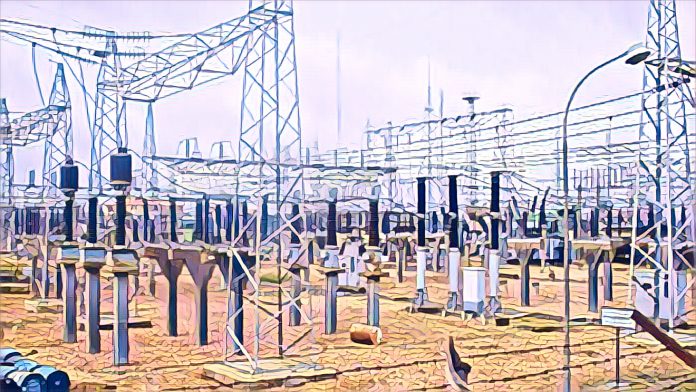The Nigerian government has received a severe warning from the International Monetary Fund (IMF) to stop its implicit gasoline and energy subsidies, which are expected to put a heavy burden on the country’s finances. The IMF said in a comprehensive assessment that these subsidies are predicted to account for up to three percent of Nigeria’s GDP in 2024—a significant rise from the previous year’s GDP of only one percent.
Nigeria is also dealing with high inflation and a declining currency rate, which make the financial burden of subsidies even more severe. The first actions performed by President Bola Tinubu’s government, such as the elimination of gasoline subsidies soon after his inauguration on May 29, 2023, are praised in the IMF assessment. This action was a part of a larger plan to gradually phase out energy subsidies that were thought to be expensive and regressive, with the goal of rerouting money to support social protection and development initiatives while preserving debt sustainability.
The Nigerian government was chastised by the IMF for failing to swiftly increase the compensatory measures for the poor population, which were required to counteract the negative economic effects of the reduction of subsidies. Corruption suspicions added to the complexity of the situation and caused a temporary halt to these actions. In order to help citizens deal with the continued economic issues, the government was forced to reestablish some degree of subsidies by restricting petrol pump prices below cost by the end of 2023.
The study discusses the power industry as well, pointing out notable rate rises for high-use customers on Band A feeders, who make up 15% of the 12 million customers yet use 40% of the energy. Significant public unhappiness has resulted from these changes, with many Nigerians demanding that the Band A pricing be reversed from N206.80 to N68 per kilowatt-hour.
The IMF believes that the tariff adjustment is essential for lowering government spending on subsidies, which might assist relieve some budgetary constraints, in spite of these protests. The Fund says that cutting subsidies by 0.1 percent of GDP is a good start, as long as targeted aid is still given to the poorest, particularly those living in rural regions.
In the long run, the IMF recommends a calculated strategy in which, after the economy stabilizes, the government should keep eliminating implicit fuel and power subsidies. This entails making certain that inflation rates decline and that individuals who are most susceptible to price increases are supported by a strong safety net.
The IMF projects that the cost of hidden fuel subsidies might increase significantly, from N1.85 trillion in 2023 to N8.4 trillion in 2024. This has enormous financial ramifications. By the end of 2024, it is also anticipated that the electricity subsidies for users under Bands B, C, D, and E will total N540 billion.
This advice comes at a time of mounting public dissatisfaction as protest over the reduction in subsidies and rising living expenses have been taking place. Heineken Lokpobiri, the Minister of State for Petroleum (Gas), and the Nigerian National Petroleum Company have made a point of emphasizing that the government is not secretly restoring gasoline subsidies.



